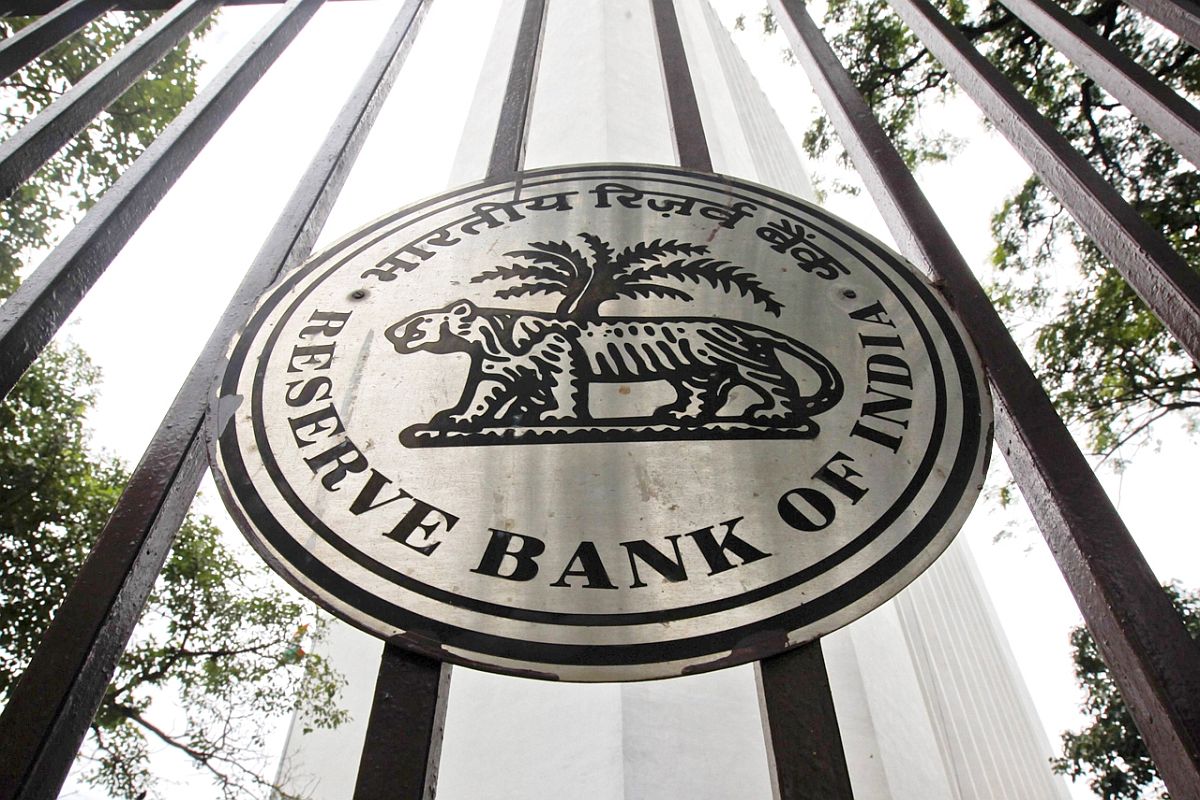State-run banks’ counters were busy today following the release of Reserve Bank of India’s Financial Stability Report which categorically stated: “Bad loans cycle seems to have turned around as bulk of the legacy NPAs or nonperforming assets have already been recognised in their books …Gross NPA ratio is set to decline from 9.3 per cent in March this year to 9 per cent in March 2020. Number of banks with gross NPAs ratio of more than 20 per cent has come down in March 2019.” All constituents of the National Stock Exchange’s Nifty Bank traded in green during intra-day trade with the largest lender State Bank of India hitting all-time record high of Rs 365/per share. The state-run lenders earlier also received an inspiring review from foreign banks and brokerages, but RBI’s FSR, analysts say, will give boost to public sector banks or PSB.
The turnaround, they pointed out, has come after four long years of sharp fall in their profitability due to NPA stress. A few days ago, brokerages predicted that SBI will start showing normal profitability from 31 March 2020 onwards. The RBI report says these banks, which had lost ground to shadow banking system or NBFCs (non-ban financial companies) during the stress period, can now regain their dominant status in the financial sector of the country.
Advertisement
The fortune of NBFCs took a severe beating last September when Infrastructure Leasing and Financial Services collapsed under huge Rs 91,000-crore debt burden. The RBI said the fall of IL&FS spread across the entire NBFC space like a contagion, in particular crippling HFCs or housing finance companies.
The Sensex closed for the week at 39,394.64 points, registering a loss of 191.77 points or 0.48 per cent. The Nifty finished at 11,788.85 points, down 52.70 points or 0.45 per cent. The Nifty PSU Bank settled at 3,205.65 points, up 21.35 points or 0.67 per cent. In the Sensex pack, 10 stocks advanced while 20 shares declined.
The 30-share Sensitive Index of the Bombay Stock Exchange and the 50-scrip Nifty of the National Stock Exchange were mostly under stress intra-day although they turned green in early afternoon. Like elsewhere in global equity markets, Dalal Street also was keenly following the developments at G20 meet in Japan.
The point of concern has been continuing trade war between America and China. The stand-off is being forwarded as top reason for falling global trade, leading to overall economic slowdown. The concern, analysts say, found serious mention in reports of International Monetary Fund or IMF as well as the World Bank. Secondly, markets are also awaiting resolution of crisis in the Middle-East. Iran-America are at the loggerheads, posing threat to global peace, say analysts.
RBI Report referring to the current NBFC crisis said these companies and mortgage HFCs are “in dire straits and pose a serious threat to the financial sector….The contagion from the malaise gripping shadow lenders along with a looming global trade war and instability are among the biggest threats to markets. Some of the big NBFCs and HFCs have potential to cause the kind of instability that big banks could trigger.
